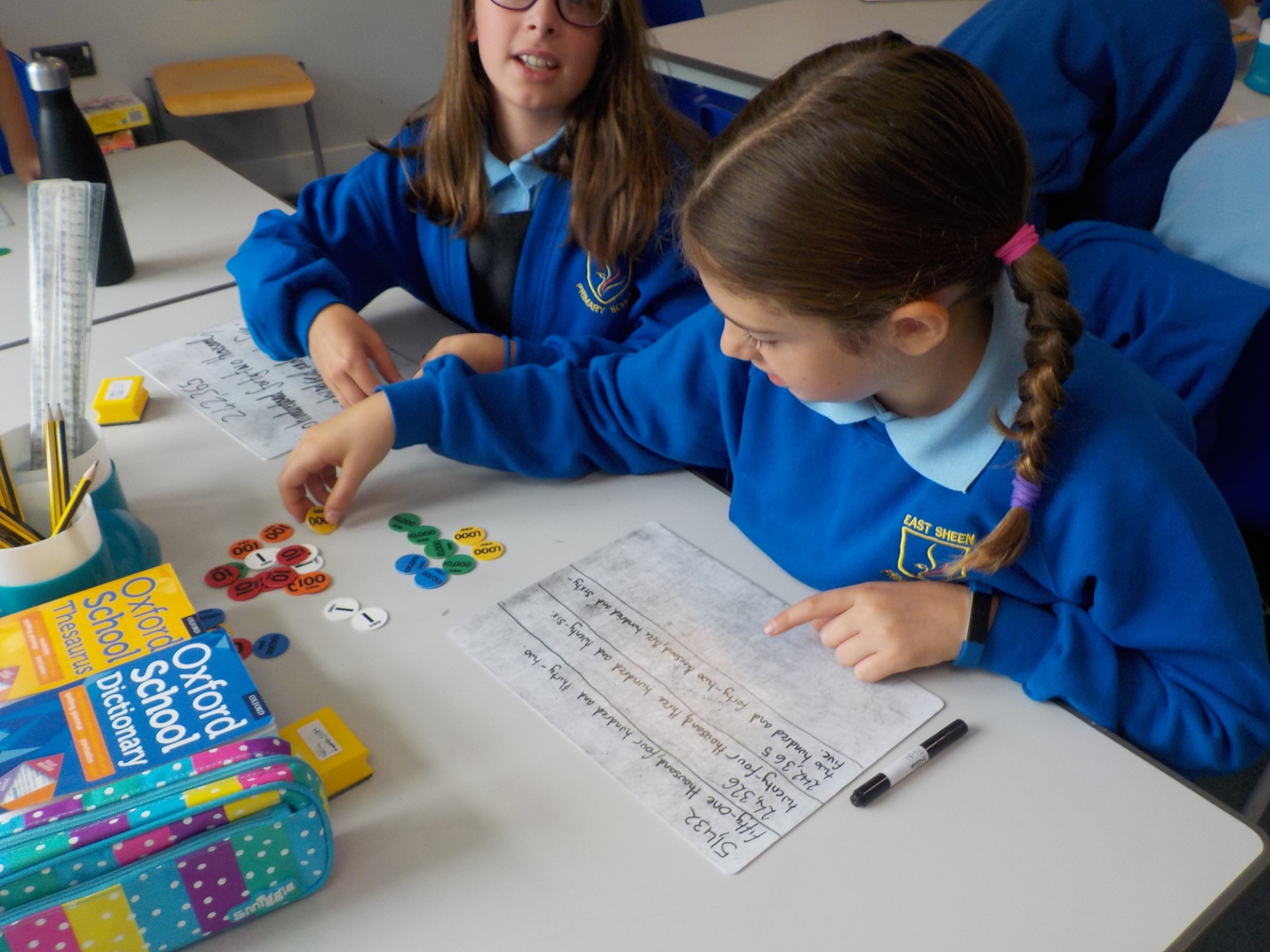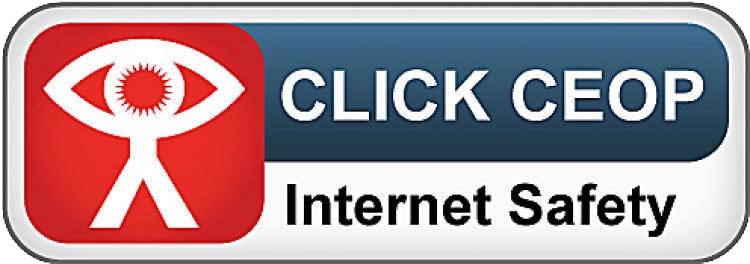
E-Safety
E-Safety
Be Smart on the Internet
We recognise the importance of E-Safety.
Please click on the links to read some top tips
The “Thinkuknow” website is brought to you by the Child Exploitation and Online Protection (CEOP) centre. You may have seen some of their video clips on National TV recently. There’s a lot of information here for both children and adults.
The Internet is a fantastic resource filled with so many wonderful things to see and do. It's a great way to keep in touch with people you have met, know and trust. It can also be a bit scary too because not everyone you talk to on the internet is your friend. There are rules you must always follow to keep yourself safe. It's just like learning about stranger danger only online, so don't be frightened and learn these simple rules to play it S.M.A.R.T. on the internet.
- Share Aware Campaign
- Internet Safety Poster
- NSPCC Online Safety tips
- Childnet
- NSPCC Online Safety
- Net Aware: Your guide to social networking websites your child might be visiting
What does S.M.A.R.T stand for?
S - SAFE: Keep safe by being careful not to give out personal information to people you are chatting with online. This means your full name, email address, phone number, home address, your photos or school name.
M - MEETING: Meeting someone you have only been in touch with online can be dangerous. How do you know that they are who they say they are? Only do so with your parents' or guardians' permission and even then only when they are with you so that they can keep you safe.
A - ACCEPTING: Accepting emails, instant messages like face-chat, or opening files, pictures or texts from people you don't know or trust can lead to problems - they may contain viruses that can make your computer sick or horrible messages that can be hurtful to you. If in doubt delete it and then find a grown up you trust and tell them.
R - RELIABLE: Information you find on the Internet may not be true, or someone online may be lying about who they are. If you don't feel right about someone online always tell an adult.
T - TELL: Tell your parents, guardian or trusted grown up if someone or something makes you feel uncomfortable or worried, or if someone you know is being bullied online. Remember if you are feeling bullied you have the power to switch that computer off and walk away! Don't listen to nasty words from nasty people, believe in yourself and find the courage to tell someone who can help you.
If you are ever worried by something you see or read online, you can report it to the police via the link below:
https://www.ceop.police.uk/ceop-reporting/

CONTACTING CHILDLINE
You can talk to us about anything. No problem is too big or too small.
Call us free on 0800 1111 or get in touch online
Games
